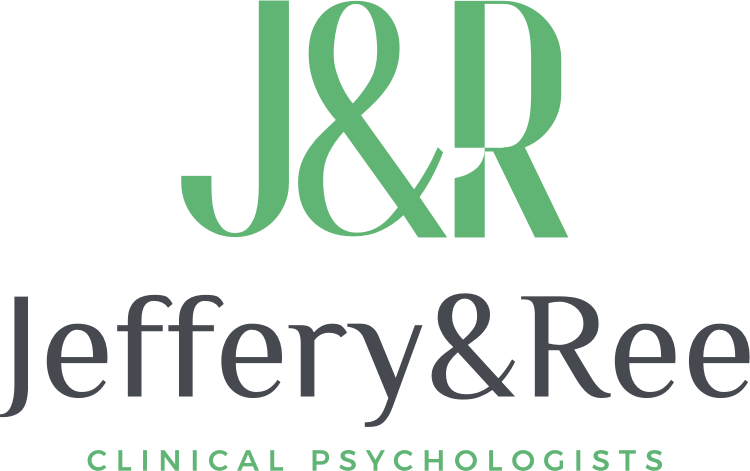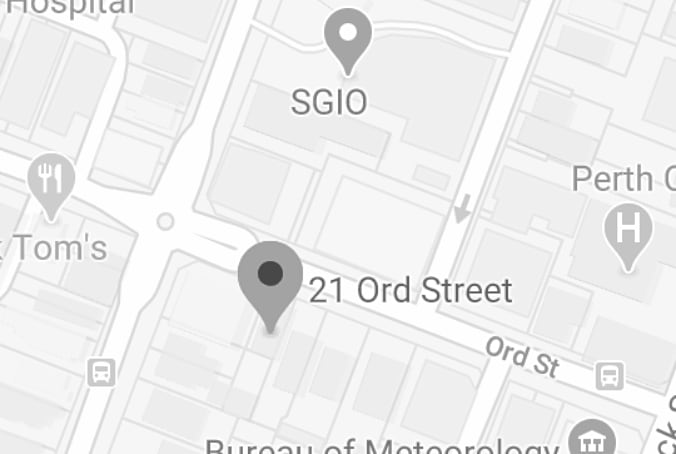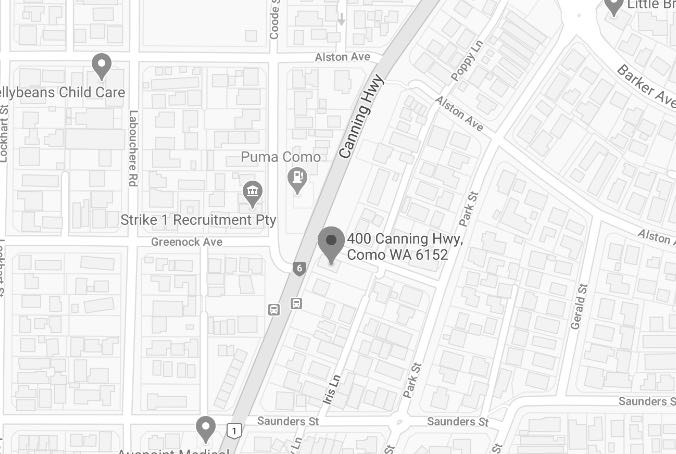OCD Perth
Obsessive Compulsive Disorder
Obsessive Compulsive Disorder or OCD is a chronic disorder characterised by intrusive thoughts and/or repetitive behaviours. OCD can often be successfully treated with Cognitive Behaviour Therapy (CBT) including an Exposure and Responsive Prevention (ERP) approach.

OCD psychologist Perth
What is Obsessive Compulsive Disorder (OCD)?
What is an obsession?
Obsessions can be thoughts, urges, or impulses that pop up over and over and keep persisting, even though a person desperately wants to get rid of them and finds them very upsetting. Often people try to suppress the thoughts, or push them away, or they may try to feel better by doing an action to neutralise the obsession. Examples of obsessions include:
- fear of dirt or germs/infections
- unwanted, forbidden, inappropriate thoughts or images (these thoughts may be sexual, or aggressive)
- fear of harming self or others
- excessive concern about what is right and wrong
- concern about things not being in order, symmetrical, perfect, or just right
- a sense of ‘needing to know or remember’ (number plates, advertisements)
- lucky/unlucky numbers, colours, superstitions
- magical thinking (arranging kitchen items in a certain way to prevent an accident at school)

What is a compulsion?
Compulsions can be repetitive physical behaviours, like repeated hand washing, lining things up in a certain way, or performing a ritual in a certain order.
Compulsions can also be a mental act that you can’t necessarily see, like counting, silently repeating words, or running through a mental ritual. People do these behaviours (either physical or mental) because they’re trying to feel less distressed or anxious, or because they believe it will prevent a feared situation or outcome (like a loved one getting hurt).
However, the compulsions in reality are not linked to the fears they’re intended to prevent (e.g., turning a light switch on and off seven times before bed to prevent a loved one from being in a car accident), or are clearly excessive (e.g., checking the oven is off ten times before leaving the house to make sure a fire doesn’t start).
Obsessions and compulsions can take up a lot of time (usually at least an hour a day for a diagnosis of OCD) and cause people a lot of distress and anxiety. They can also get in the way of people going about their daily lives because they can interfere with how someone is functioning in a range of ways.
OCD occurs in about 2% of the population and usually starts in childhood or young adulthood.
Whilst OCD can cause a high degree of anxiety for people, it isn’t actually classified as an anxiety disorder. It sits in its own class of disorders called obsessive compulsive and related disorders. This category also includes compulsive hair pulling (trichotillomania), hoarding disorder (excessive collecting, or not beign able to throw things out), skin picking disorder, and body dysmorphic disorder.
OCD treatment Perth
How is OCD treated?
OCD can often be successfully treated with Cognitive Behaviour Therapy (CBT) including an Exposure and Responsive Prevention (ERP) approach.
ERP therapy helps people to understand their thinking and behaviours differently and provides coping skills. As they are gradually exposed to triggers, they use their skills to prevent their compulsion from taking over.
For example, a person in therapy might be asked to touch something dirty (the bottom of their shoe, a used kitchen sponge) and refrain from washing their hands. This may seem a frightening prospect, so your psychologist will work closely with you to develop an ERP plan that feels manageable to work through as your confidence grows. Find more information on ERP on the International OCD Foundation’s website.
Medication is often prescribed alongside ERP and research suggests that about seven out of ten people will experience significant benefits from either treatment.



